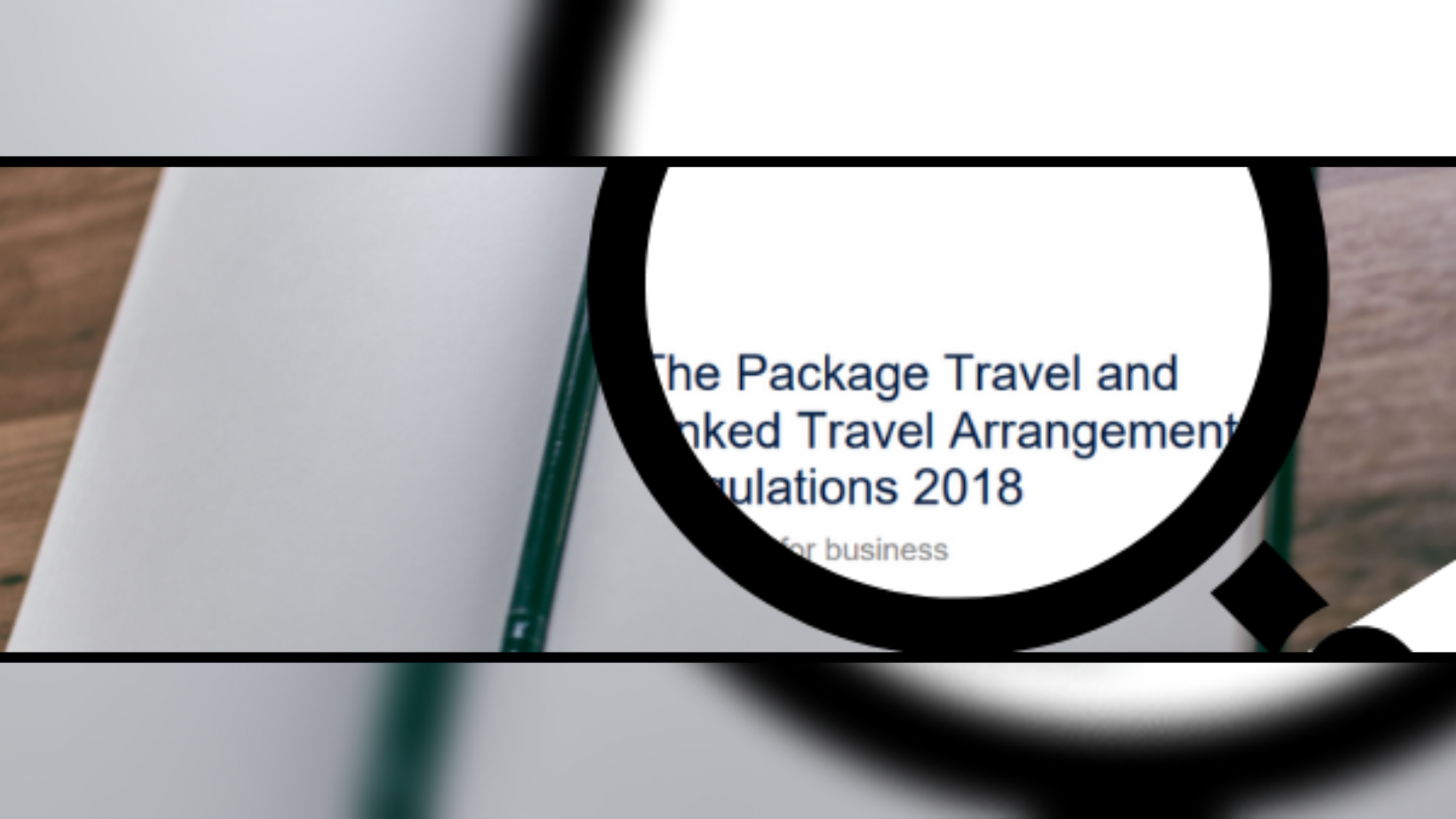In a previous article, we discussed 8 grey areas in the Package Travel Regulations which had been exposed by the COVID-19 pandemic. A recent Judgment from the European Court may, however, have just brought clarity to one of these murky subjects, i.e. when a package holiday is curtailed, when are travellers entitled to a price reduction, and how do you calculate it? Our Senior Associate, Nick Parkinson, explains more in this article.

The FTI Touristik Case
In a recent Judgment handed down on 12/01/23, the Court of Justice of the European Union in the case of FTI Touristik C-396/21 was asked to consider a situation where a package holiday was severely affected by COVID-19 restrictions imposed by the authorities two days in to a two week holiday in March 2020. The Claimants were effectively confined to their hotel room, other than to eat, for five days before being told they had to return home to Germany.
The Claimants sought a refund to the tune of 70% of the cost of their trip, believing themselves to be entitled to a ‘price reduction’ under the German equivalent of Regulations 15 and 16 of the PTRs. Their opponents argued that no refund was due for two reasons:
- The lockdown restrictions were ‘common circumstances’ affecting the whole of Europe, including their home county, not just the holiday destination, and;
- The restrictions formed part of a ‘general risk of life’ and ought to be assumed by the Claimants (a concept specific to German Law)
So what did the European Courts make of all this?
The View of the European Court
The European Court gave short shrift to the arguments raised in the defence stating that:
- The literal interpretation of the PTRs makes it clear that it is not necessary to attribute fault on the organiser, or their suppliers, in order for a traveller to claim for a ‘price reduction’. The only thing required is to make a comparison between the services included in the package and those actually provided (unless the lack of conformity is attributable to the traveller). The fact that the lack of conformity was due to ‘unavoidable and extraordinary circumstances’ (UECs) does of course spare the organiser from paying compensation, but not from giving a ‘price reduction’.
- Second, this outcome is consistent with the objective of the Directive to provide a high level of consumer protection to travellers. The Court also referred to guidance it gave in the famous Kuoni case that performance of a package has to be judged in the context of its purpose, a relaxing or enjoyable holiday.
How to Calculate a Claim for a Price Reduction?
Although the above conclusion will not be met with joy by package organisers, better news comes in the form of some long awaited clarity from the European Courts as to how claims for a ‘price reduction’ ought to be calculated:
- The starting point is that the organiser is not obliged to offer a price reduction in relation to services that it has not promised to provide
- The assessment must be based on an estimate of the value of the affected travel service(s), taking into account the duration of the lack of conformity and the value of the trip.
- The organiser’s obligations can, however, also include those which are ‘linked to the purpose of the package’.
- The reduction in the price of the package in question must be adequate for the entire period of non-conformity.
- Where a traveller fails to inform the organiser promptly about the lack of conformity, this may reduce the value of the ‘price reduction’, but only if that delay would have made a difference.
- The assessment of this appropriateness must be carried out objectively.
So is it Good News or Bad News?
Obviously this Judgment is not good news for any organisers that were hoping they would evade liability altogether in these kind of situations. For most, however, it will very much be ‘exactly what we had expected’ – and it can only be good news to finally receive some guidance on how to calculate ‘price reduction’ claims.
That said, the guidance for ‘how claims should be calculated’ is a mixed bag. Unfortunately for organisers, price reductions are not purely a forensic calculation based on the cost of the travel services affected. This is because the courts are able to take into account obligations ‘linked to the package’ such as the travellers’ inability to travel outside of the hotel to the local beach or beyond. Most likely, it will all come down to how the booking was marketed. A degree of ambiguity, and therefore disputes with travellers, will inevitably persist.
As for the ‘objective test’, this means that the subjective cries of the traveller who tries to claim for the disappointment of their favourite hairdresser not working at the hotel that week, or any other type of loss of enjoyment, will be dismissed.
Will the UK Courts Follow this Judgment?
Post-Brexit, the UK Courts are no longer obliged to follow Judgments of the European Court. Nevertheless, the decision is still likely to be influential, not least because the Judgment seems to be based on sound logic and reasoning. End of story? Not so fast…
There are actually four different ‘gateways’ in Regulation 15 of the PTRs which can trigger the right to a ‘price reduction’, and the European Courts have only dealt with one of them! The significance of this is that, under two of the other gateways, the right to a ‘price reduction’ includes additional wording to state that the price reduction only applies where appropriate. This condition applies in relation to packages that are substantially affected, or where a significant proportion of the services cannot be provided. To further complicate matters, Regulation 15 of the PTRs does not precisely mirror the wording of the EU Directive which the European Courts considered in the FTI Touristik Case. The changes are subtle, but potentially, important! Under the PTRs the distinction between the 4 gateways is much less clear, annoyingly.
The Bottom Line
On the whole, the industry has been craving some clarity on these thorny PTR issues for some time, and this is certainly a step in the right direction. We had hoped that ‘8 Grey Areas Of The Pandemic’ had reduced to ‘7 Grey Bottles Hanging On The Wall’ but, as above, it would seem that there is still scope for UK organisers to argue that travellers are not always entitled to a price reduction whenever there is a lack of conformity, only where appropriate – whatever that means!

If you need advice on any of the issues discussed in this article, feel free to get in touch with the author.
0113 258 0033
This article was originally published on: 19 January 2023



